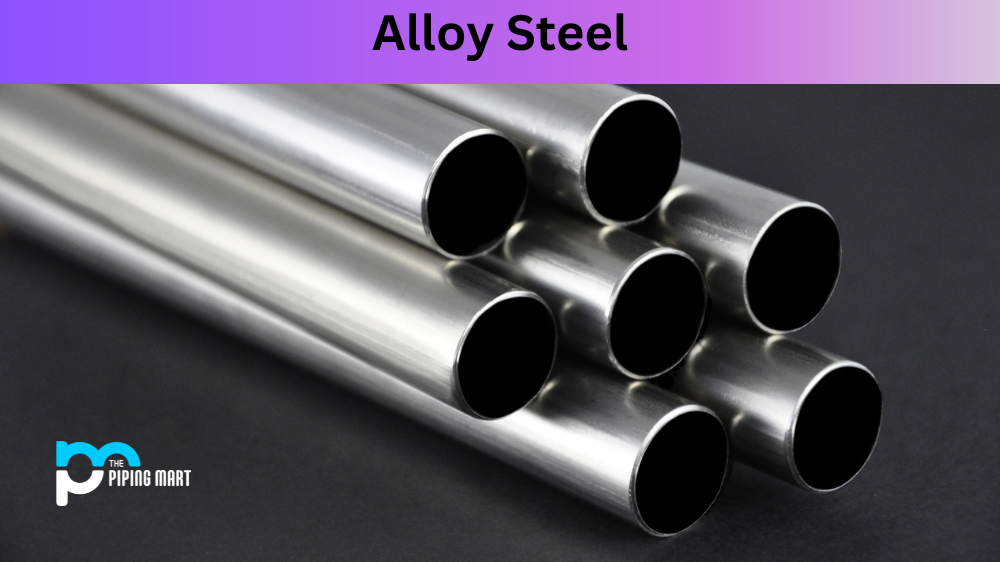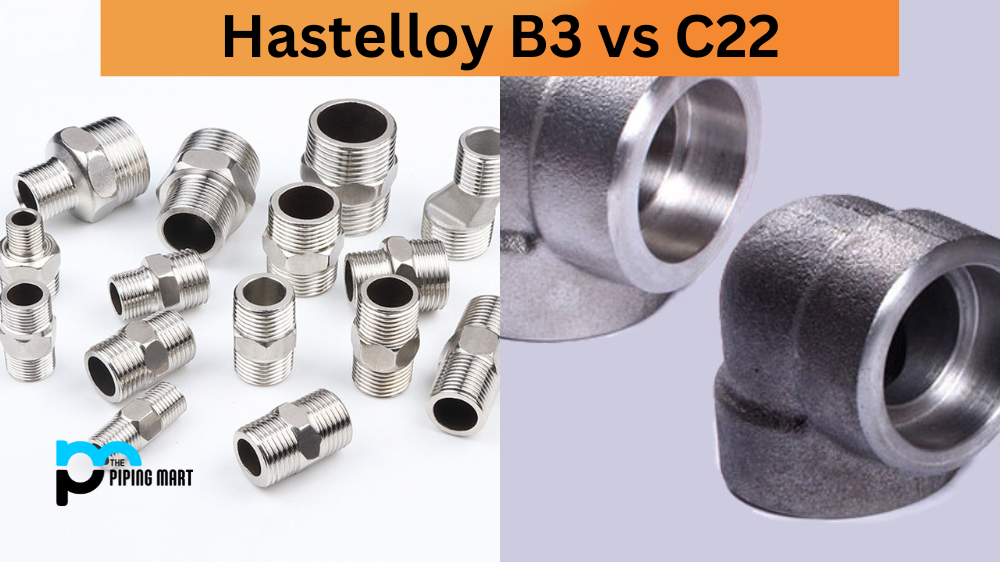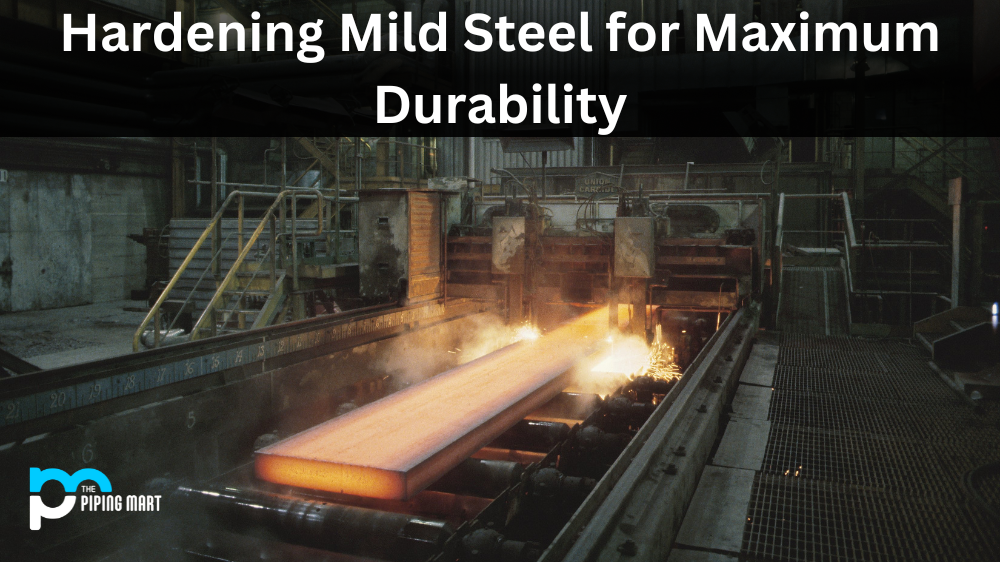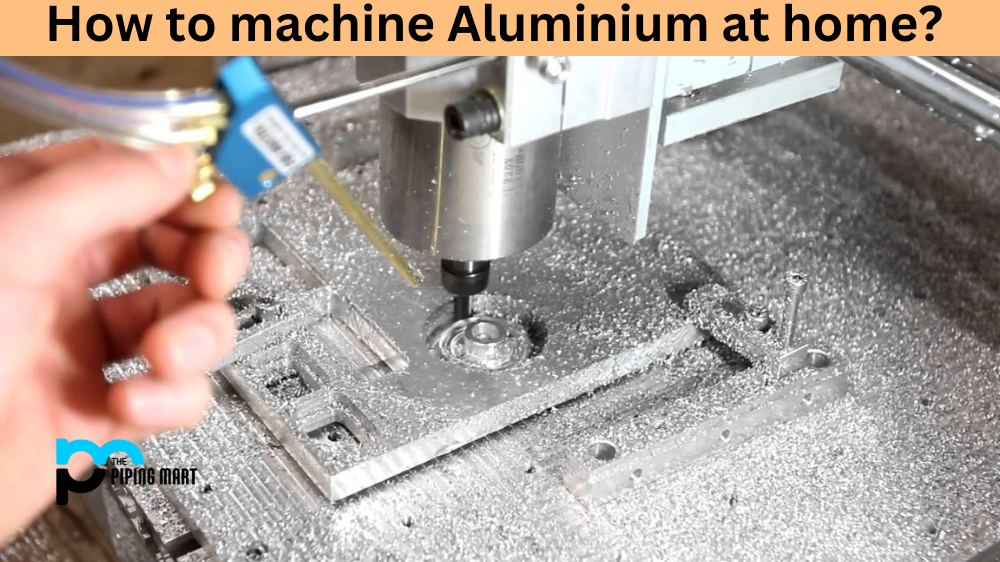Alloy steel is a type of steel that is made up of iron, carbon, and other metals. It has many advantages over traditional steel, such as increased strength and durability. But there are also some disadvantages to consider when using alloy steel. Let’s look at some of the pros and cons of alloy steel.
5 Advantages of Alloy Steel
One of the most significant advantages of using alloy steel is its increased strength and durability. This makes it ideal for applications where high levels of force are required, such as in the manufacture of bridges or heavy machinery. In addition, alloy steel is more resistant to corrosion than traditional steel, making it ideal for outdoor applications that would otherwise require additional protective coatings or treatments. Finally, alloy steels have higher melting points than regular steels, which makes them suitable for use in high-temperature environments like furnaces or boilers.
Increased Strength
One of the primary advantages of alloy steel is that it is much stronger than traditional carbon steel. This is because alloy steel contains various elements that work together to increase the strength of the metal. Additionally, alloy steel is often heat-treated, increasing its strength.
Increased Durability
Alloy steel is also much more durable than traditional carbon steel. This is because the different elements in alloy steel helps to resist corrosion and wear. Additionally, alloy steel is often heat-treated, which makes it even more resistant to wear and tear.
Improved Weldability
Another advantage of alloy steel is that it is easier to weld than traditional carbon steel. This is because the different elements in alloy steel helps to prevent welding defects. Additionally, alloy steel can be welded using various methods, including arc welding, gas welding, and resistance welding.
Improved Machinability
Alloy steel is also easier to machine than traditional carbon steel. This is because the different elements in alloy steel helps to lubricate the cutting tools, which reduces friction and heat build-up. Additionally, alloy steel can be machined using various methods, including turning, drilling, and milling.
Reduced Cost
Finally, alloy steel is often less expensive than traditional carbon steel. This is because alloy steels can be made using a variety of cheaper elements, such as iron, manganese, and chromium. Additionally, alloy steels do not require as much processing as traditional carbon steels.
5 Disadvantages of Alloy Steel
While there are many advantages to using alloy steels, some drawbacks should be considered before deciding if this type of steel is right for your application. One major disadvantage is cost: alloy steels tend to be much more expensive than traditional steels due to the other metals used in their manufacture. In addition, they can be challenging to work with due to their increased hardness and brittleness compared to regular steels. Finally, welding can also be problematic with alloy steels due to their different properties than regular steels.
More expensive
One of the primary disadvantages of alloy steel is that it is more expensive than carbon steel. Alloy steel contains various metals, including iron, manganese, chromium, vanadium, molybdenum, and nickel. These metals add to the cost of steel.
Less ductile
Alloy steel is also less ductile than carbon steel. Ductility refers to a material’s ability to deform under stress without breaking. Alloy steel contains a variety of different metals, which can make it more brittle and less able to withstand pressure without breaking.
Lower melting point
Alloy steels also have a lower melting point than carbon steels. This is because the different metals in alloy steel have other melting points. When the metals are combined, the overall melting point is lowered. This can make alloy steel more challenging when welding or heat treating.
More difficult to machine
Alloy steel is also more difficult to machine than carbon steel. This is because the different metals in alloy steel can cause the material to chip or break when machined. Additionally, alloy steel is harder than carbon steel, which makes it more difficult to cut or drill through.
Corrosion resistant
While some types of alloy steel are corrosion-resistant, others are not. This depends on the types of metals used in the alloy. For example, stainless steel contains chromium, which makes it resistant to rust and corrosion.
Conclusion:
Alloy steels offer many advantages over traditional steels due to their increased strength and resistance to corrosion. However, there are also some drawbacks that should be considered when considering whether this type of material is right for your application. These include cost, difficulty working with them due to hardness and brittleness, and difficulty welding them because of their different properties compared to regular steels. Ultimately, the decision comes down to weighing the pros against the cons to determine what’s best for your specific application needs.

Abhishek is a seasoned blogger and industry expert, sharing his insights and knowledge on various topics. With his research, Abhishek offers valuable insights and tips for professionals and enthusiasts. Follow him for expert advice on the latest trends and developments in the metal industry.




